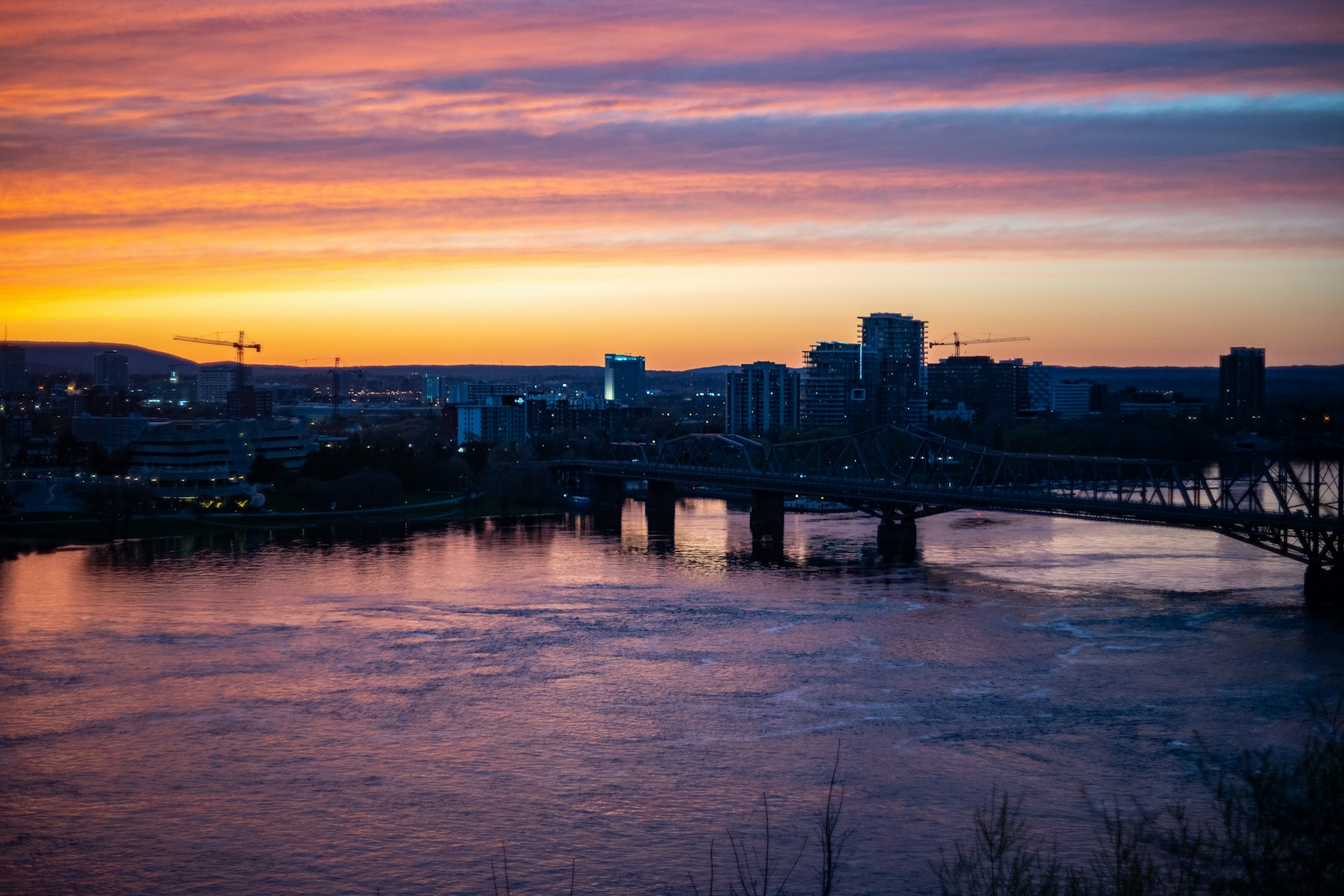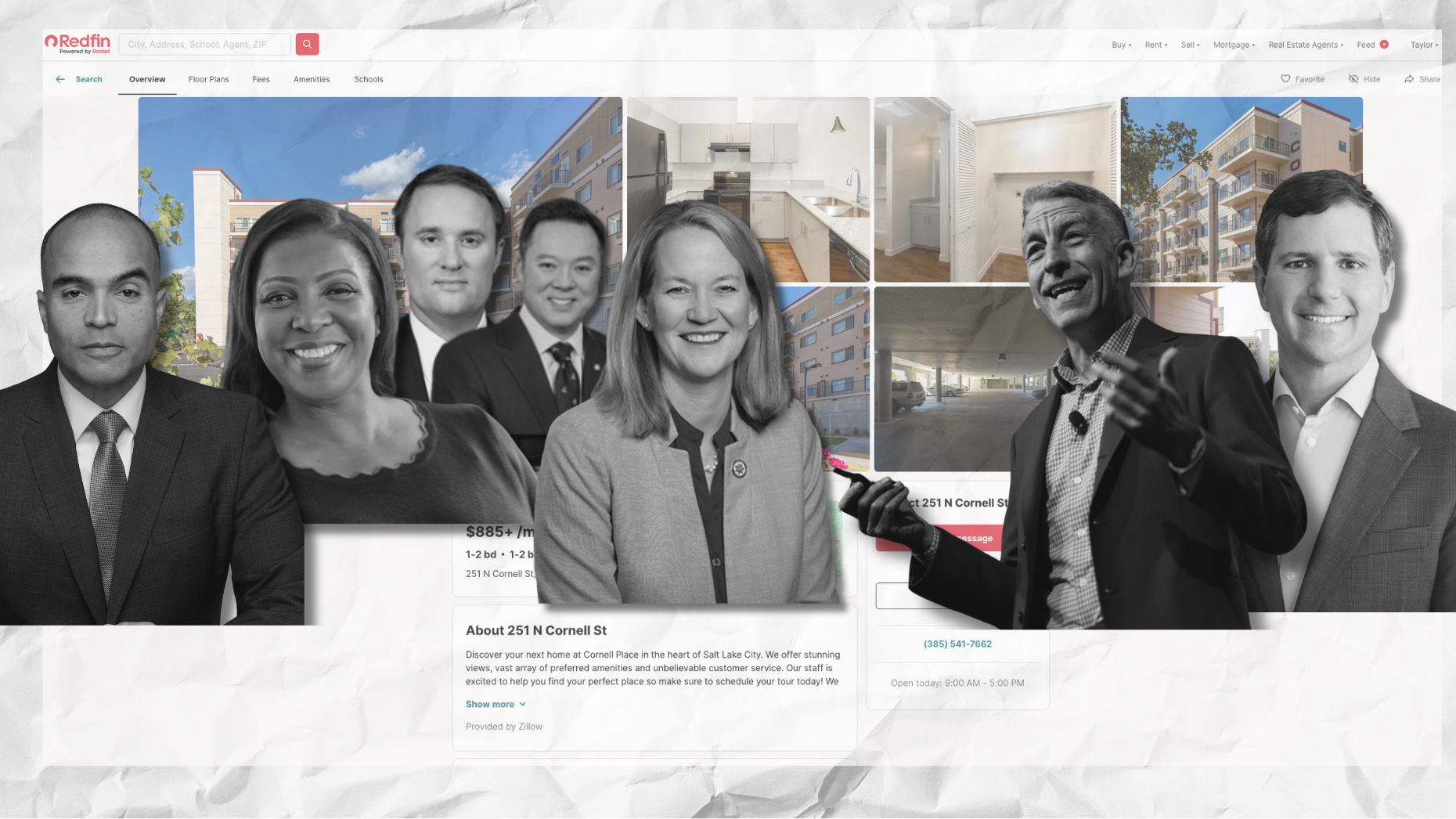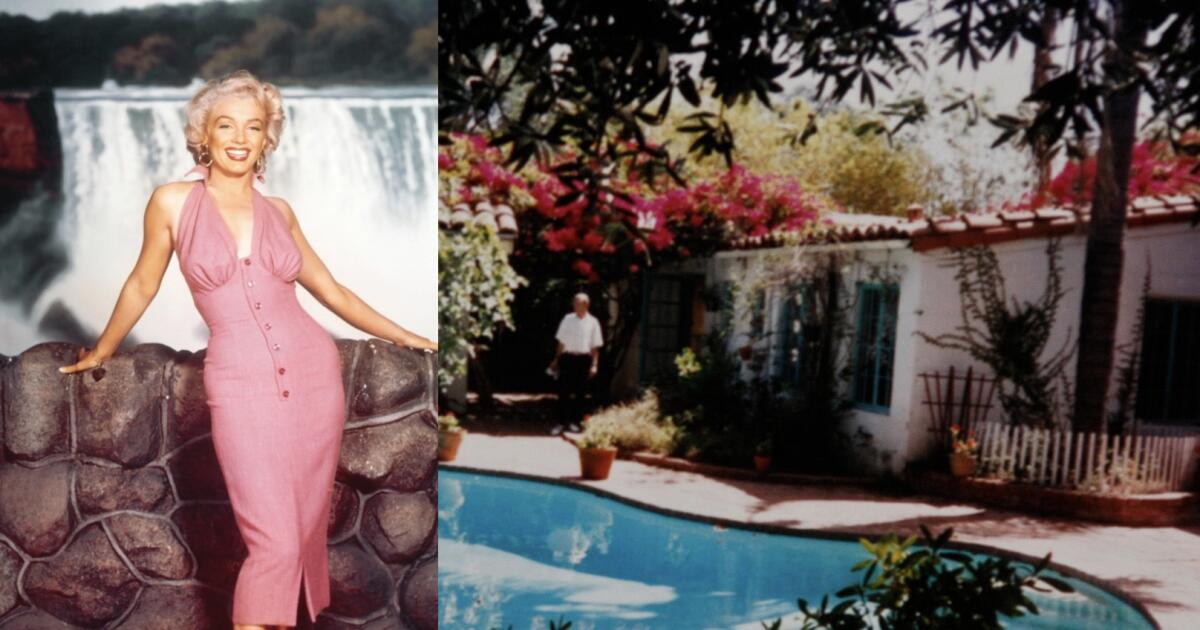Australian home builder G.J. Gardner Homes constructs housing for families every day and sees first-hand the security, stability and pride a home can bring.
“That’s why it’s all the more confronting to see so many Australians, increasingly whole families, without a safe place to call home,” G.J. Gardner Homes chief executive officer Australia and New Zealand Chris Thornton said.
It comes as around one in ten Australians were at risk of experiencing homelessness.
“As home builders, our industry is uniquely placed to understand both the scale of the challenge and the urgency of solutions,” Mr Thornton said.
“Homelessness is not just a housing issue; it affects people’s health, relationships and future opportunities.
“And one of the greatest challenges is how hidden it is.”
G.J. Gardner Homes chief executive officer Australia and New Zealand Chris Thornton and his team have joined the A Night Without Home campaign. Picture: Supplied
On any given night, more than 122,000 Australians are without a safe, secure place to call home.
While sleeping rough is the most visible face of homelessness, it represents just 6% of the problem; most people are hidden - couch surfing, sleeping in cars or cycling through temporary accommodation.
For Mr Thornton, the issue is both widespread and close to home, and the company’s franchise model is a strength in moments like this.
With a network that stretches from inner-city streets to rural towns, G.J. Gardner is embedded in local communities: “We hear the stories. We see the pressure points. It stays with you.”
Just 6% of people experiencing homelessness are sleeping rough. Picture: Supplied
Many franchises are small, family-run businesses that have been local for 10 or 20 years, he said.
“They sponsor clubs and schools, back community events, and notice when neighbours are doing it tough,” he said.
“That community heartbeat is something we really treasure.”
That lived proximity is a big reason the home builder has joined A Home for All Foundation, a new national initiative uniting the property industry to help end homelessness by leveraging the sector’s scale, influence and relationships to drive awareness, raise funds and support long-term change.
The foundation’s first major campaign, A Night Without Home, runs through October, inviting Australians to give up the comfort of home for one night as a way to raise awareness and funds for frontline charities via the foundation’s industry-led advisory committee.
As part of that effort, G.J. Gardner’s head office will hold an ‘Office Overnight’ in October, with staff rolling out sleeping bags on the office floor.
“It’s a small gesture of solidarity and a way to keep the crisis front of mind,” Mr Thornton said.
“In reality, we realise it’s a very small bit of discomfort for us but it’s the conversation it intends to spark that matters. We want to talk about this, keep it in our consciousness, and connect awareness to action.”
On any given night, more than 122,000 Australians have no safe and secure place to call home. Picture: Supplied
The company’s response has also been shaped by what it sees at the intersection of housing and wellbeing.
“The pressures on housing in Australia have never been greater - rising costs, limited rental availability, and economic uncertainty are leaving more people vulnerable than ever before.”
That’s why continuing to support initiatives like R U OK? Day and Mates in Construction was crucially important to the business.
“Homelessness is often the downstream effect of compounding pressures,” he said.
The majority of people experiencing homelessness couch surf, sleep in cars, or move from one temporary accommodation to the next. Picture: Supplied
Ultimately, Mr Thornton believes the industry has both capacity and responsibility.
“As builders, we’re close to the housing shortage and we understand how hard it has become to get a home,” he said.
“Australian kids growing up without a home? That should move all of us. Now is the time to step up, use our collective voice and contribute to lasting change.”
Asked what he’d say to a peer about getting involved, Mr Thornton offered a simple answer that nodded to Sir Edmund Hillary’s famous Everest challenge.
“Because it’s there - because we can,” he said.
“We’re in a fortunate position to do something about it in our own way. And together as an industry, we’re a formidable force.”



















 English (US) ·
English (US) ·